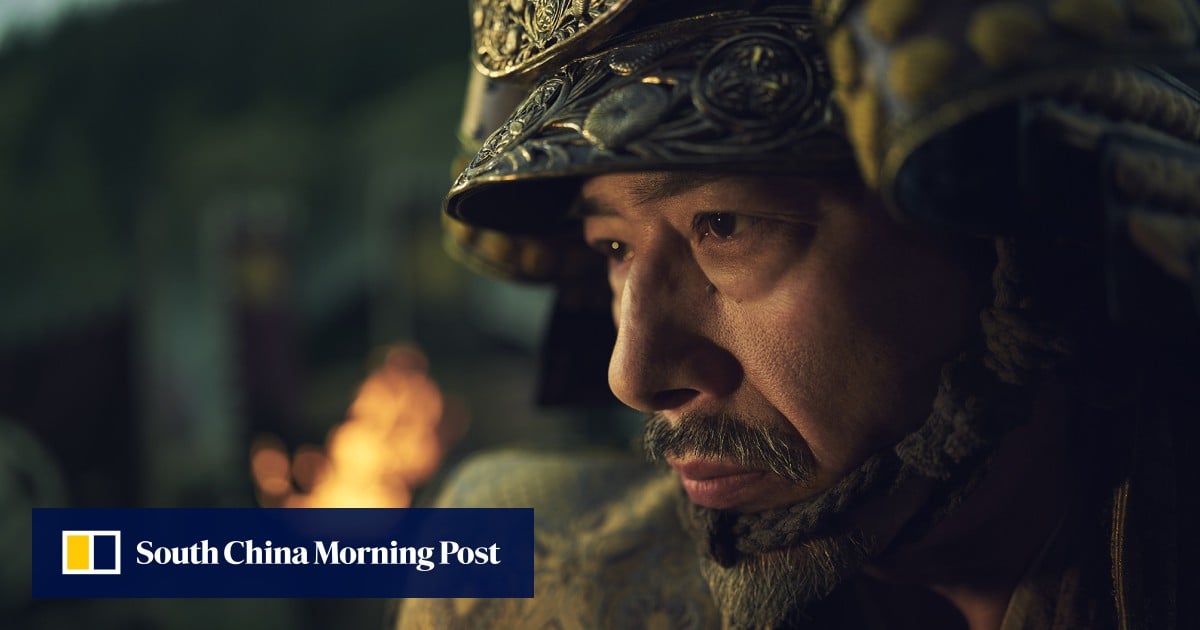FX’s Shogun is unlikely to have the same seismic impact as its predecessor – if only because of the wealth of content now perpetually at our fingertips – but this thrilling epic deserves every ounce of its predecessor’s rapturous acclaim.
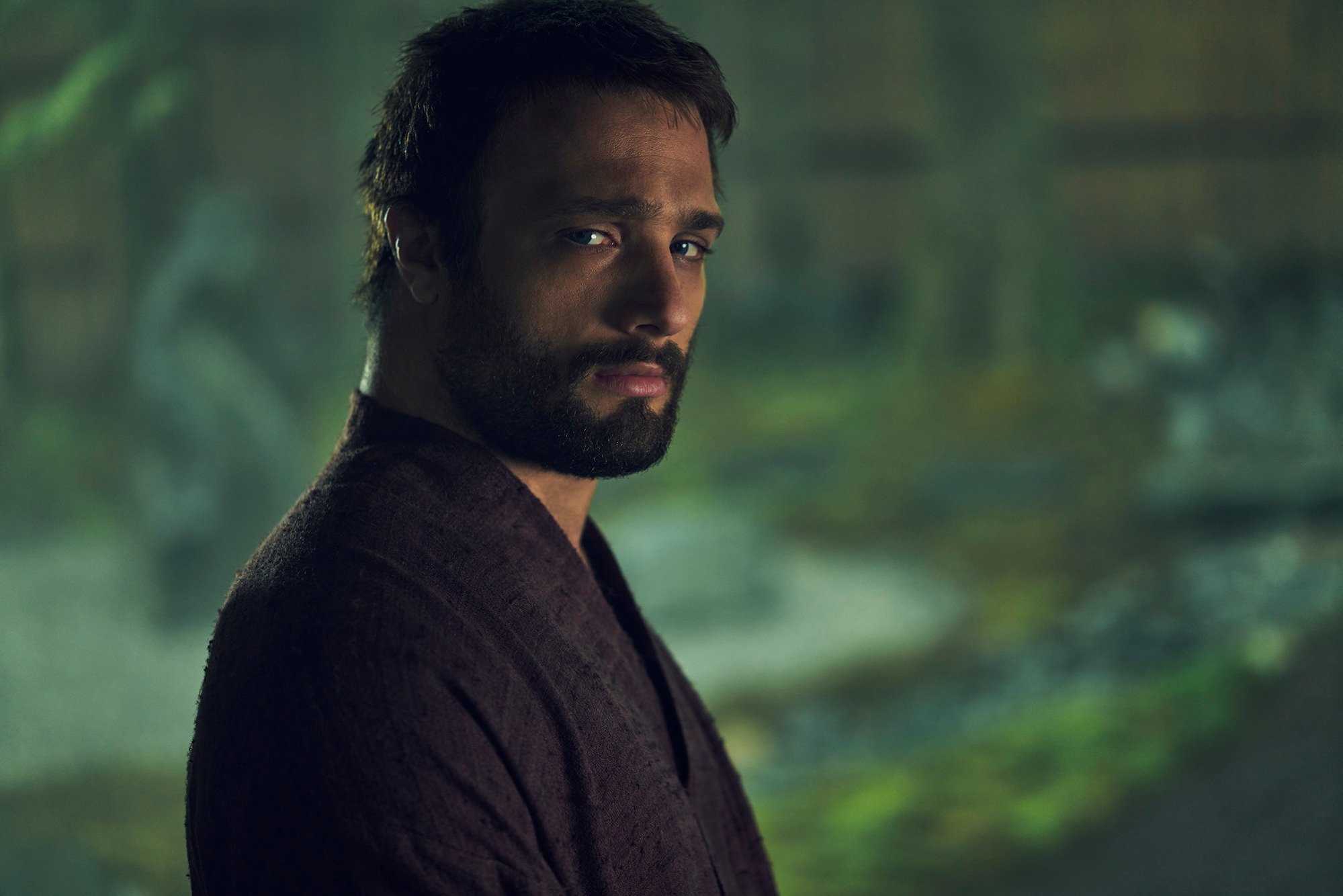
Labelled as a barbarian by his captors, “Anjin” – as the roguish Blackthorne becomes known – wins the respect of Toranaga, and over time, rises through the ranks of his vassals to become “Hatamoto”, a respected and trusted adviser.
While British Columbia stands in for Japan, the lavishly realised, 10-episode production has nevertheless gone all out to recreate an intricate and fastidiously authentic depiction of early 17th-century Japan.
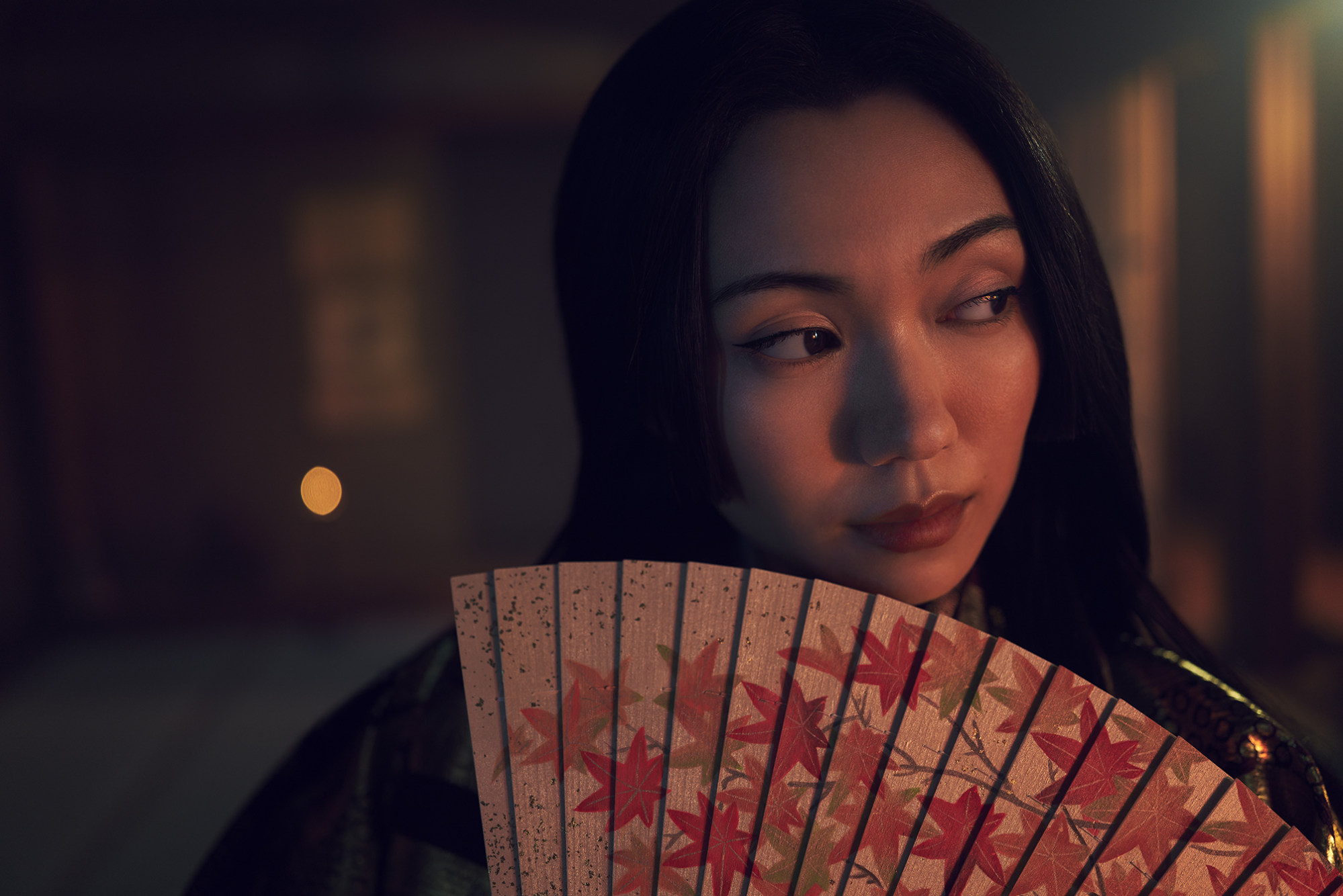
Compared to the 1980 miniseries, one major creative departure is the decision to use subtitled Japanese dialogue throughout. The first adaptation was presented as it would have been experienced by Blackthorne, with Japanese dialogue only discernible for English-speaking viewers when it was being translated for the protagonist.
By embracing subtitles this time out, viewers can now follow conversations between Japanese characters entirely. This allows the show to include numerous sequences where Blackthorne is not present, delving further into the political intrigue and plotting that unfolds away from Toranaga’s camp.
This decision also enriches scenes where Blackthorne is present, as we are now privy to how his often brash, dismissive and confrontational outbursts are shrewdly translated to avoid unnecessary offence and conflict.
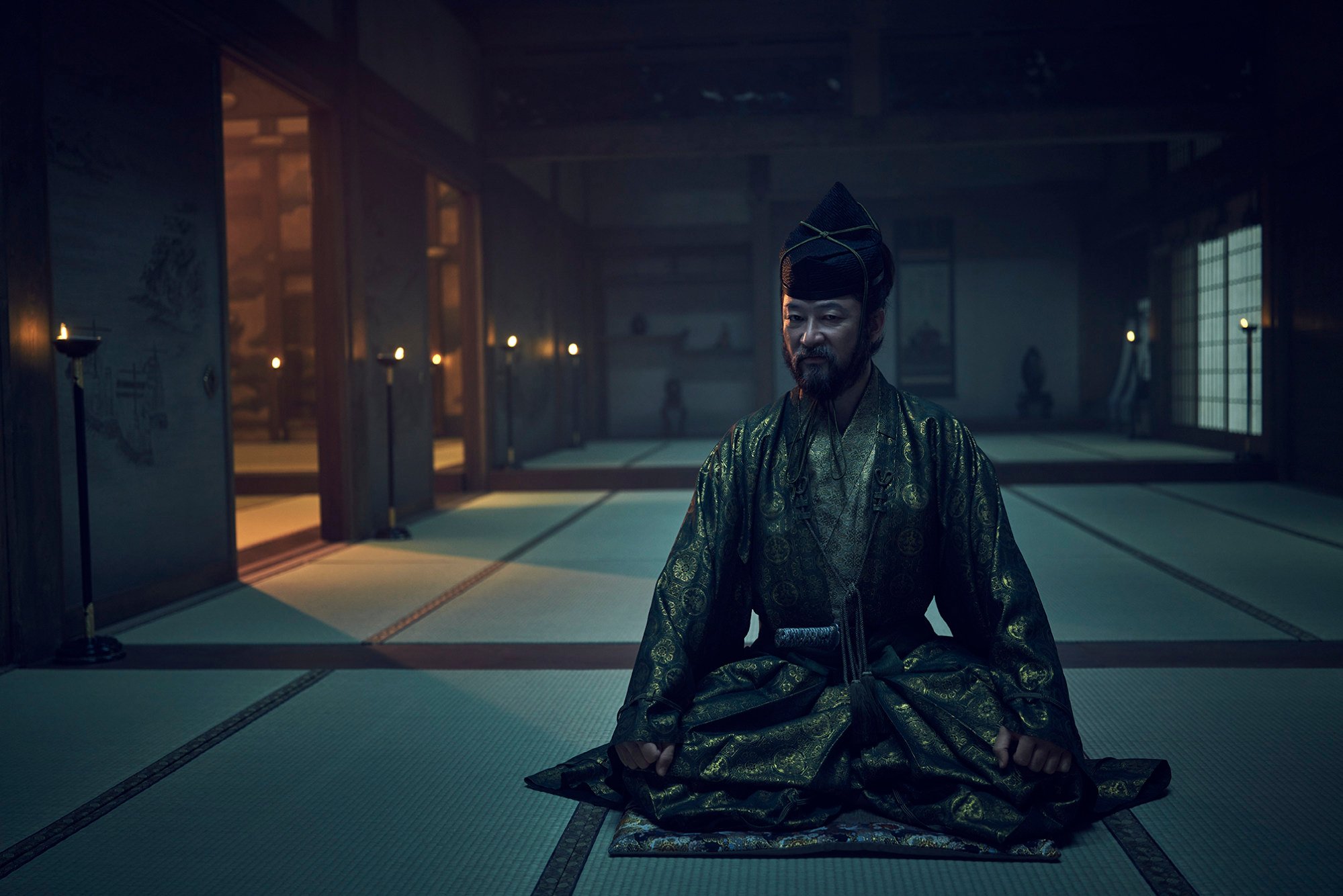
Much of this diplomatic interpretation falls to Mariko (Anna Sawai), a respected member of Toranaga’s household, whose Christian faith and study have provided her with the linguistic dexterity to serve as Blackthorne’s go-between and cultural guide.
Although Mariko is also married to one of Toranaga’s fiercest officers, a romantic attraction inevitably blossoms between her and the Anjin.
Shogun is far more than a simple fish-out-of-water tale, however, and deftly sidesteps many of the uncomfortably familiar pitfalls of cosmetically similar white-saviour narratives. At its core, the show emerges as a rousing saga of civil war and deception, with the fate of the entire nation up for grabs.
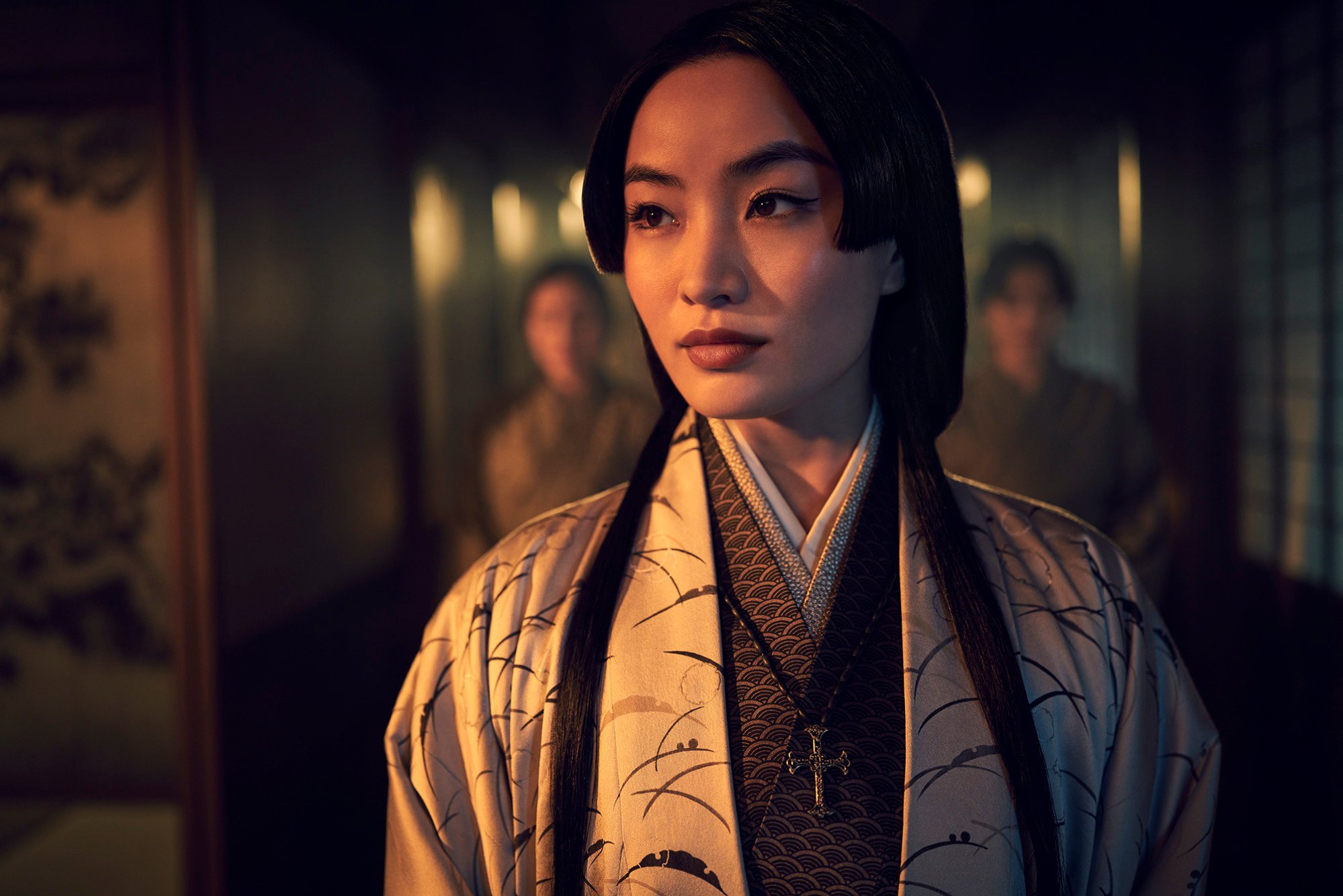
From the outset, Toranaga positions himself in violent opposition to his contemporaries by refusing the title of shogun. This immediately puts a target on his back, as rivals, as well as some of his most loyal supporters, jostle to put their power-hungry ambitions into motion.
Production and costume designs are impeccable throughout, but it is the incredible ensemble cast that ensures Shogun nails its dramatic gravitas and cultural specificity.
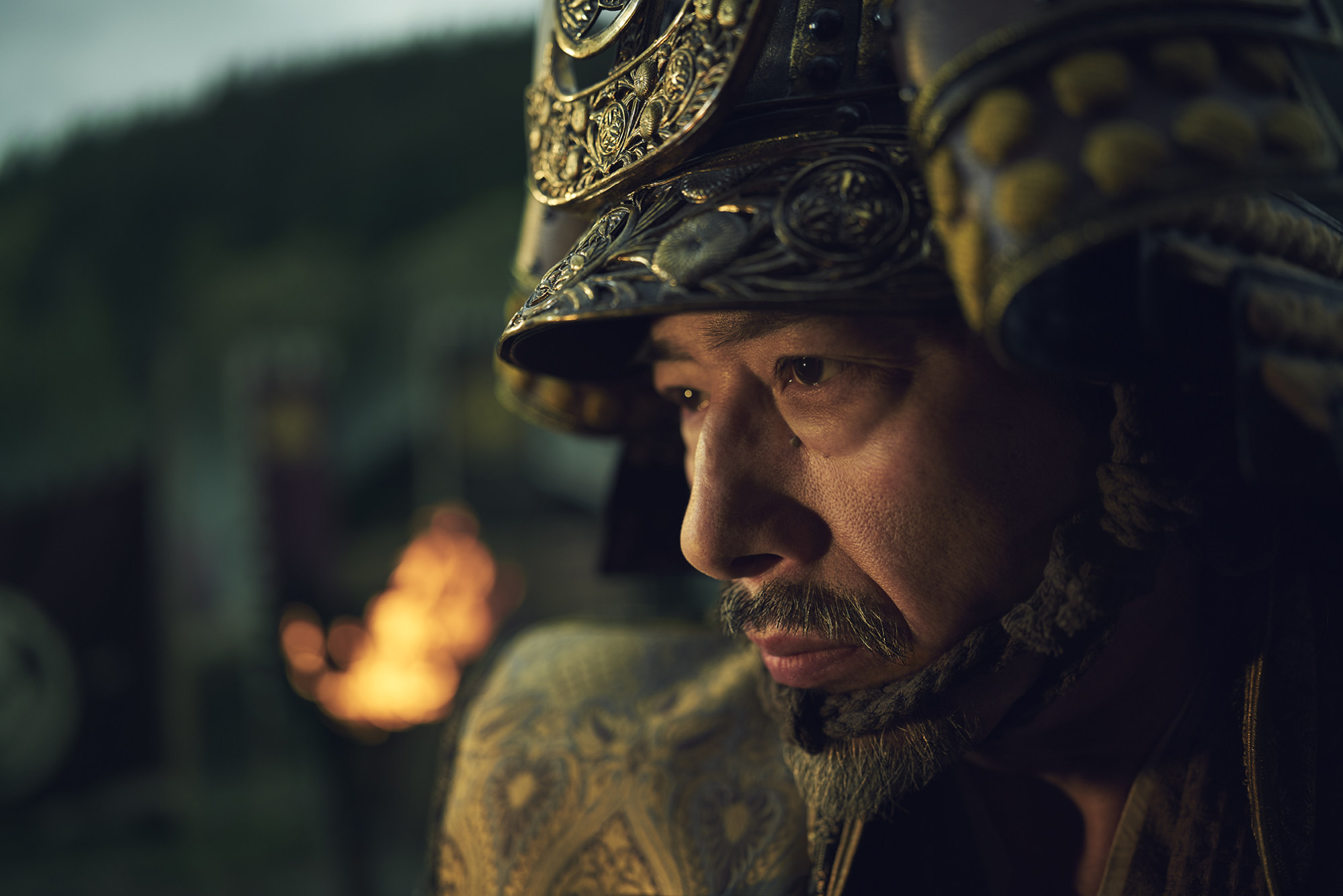
But the real revelation is Jarvis. In a performance that channels the essence of Tom Hardy’s on-screen enigma into a slightly less intimidating frame, he presents a flawed yet sympathetic anti-hero who is part bigoted brute, part inquisitive outsider, part accomplished naval officer – all of which dove-tail into the perfect conduit to follow on this rip-roaring adventure.
Shogun will start streaming on Disney+ on February 27.

